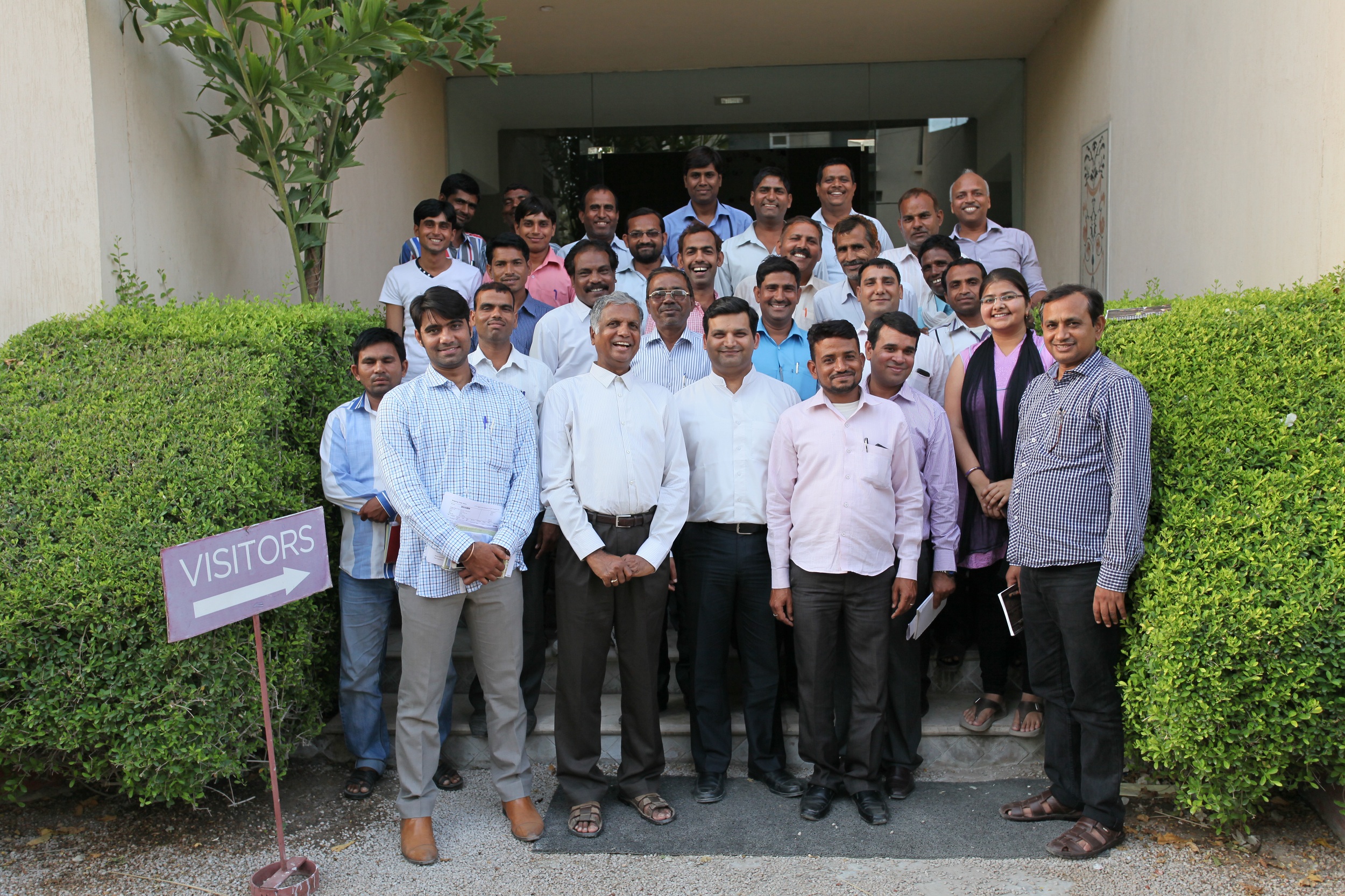When hiring employees, most companies go through mountains of resumes and CVs, desperately weed out the wheat from the chaff. Human resources experts have a clear list of qualifications in mind, including proper schooling, skills, and experience. Those involved in the hiring process feel that most qualifications must be met before bringing someone on board. On paper, this method is good because the company will hire the person that fits their description perfectly. But will that same person fit the company’s actual needs … probably not. While being educated and having specific skills and experience is important, organizations often overlook something much more valuable – passion.
Jaipur Rugs previously used the traditional way of hiring people. Our talented HR department would go through the resumes, looking for those individuals who best matched the required position. While we made some good hires, there was something missing.
I soon realized that when looking for future employees, an important part of the process must include seeking out individuals who have non-traditional skills. This includes people who have a deep passion to help others and want to work towards the betterment of downtrodden society.
We want to be associated with those individuals who want to do something unique and who have a true purpose in their lives – and they want to live for that purpose. Helping people has always been my passion, so it makes sense that this characteristic is reflected in our employees.
Things often look good on paper but are quite different in reality. That is why we let employees explore the work for two to three months and formulate their own job descriptions. In this way, employees have control over their work and can grow into a position rather than being forced into a job that they may not be right for.
This method encourages people to find their passion and work accordingly. When this happens, then employees become unstoppable because they are working not out of fear but according to their passions.
As one can imagine, some people at the company were not happy with this method. This is not surprising because we are all used to the traditional approach. Many saw me as being naïve when I wanted to try this way of hiring. Perhaps I was. But I recognized that a need was not being met with our traditional way of hiring. We were not finding those enthusiastic members of society who shared the same dedication as I do.
This non-traditional method of hiring has succeeded. One story that stands out to me is that of Harphool, who began his journey as a weaver decades ago. I have met many weavers but there was something about Harphool that stood out. He did not have the traditional managerial skills that are so prized by large corporations but he was passionate and hardworking.
Because Harphool was allowed to work according to his passion, he turned out to be a very qualified leader. He rose in the ranks from weaver to quality supervisor and now a branch manager. Today, Harphool manages weavers in more than 40 villages and some of our best rugs are created from his branches.
Certainly, employees need to have a certain skill set in order to work effectively. But focusing solely on skill and education is a mistake because these things can be learned over time. What is much harder to acquire is passion and dedication.
Once you change your attitude about hiring, the process will become simpler and your workers will outshine your expectations.




